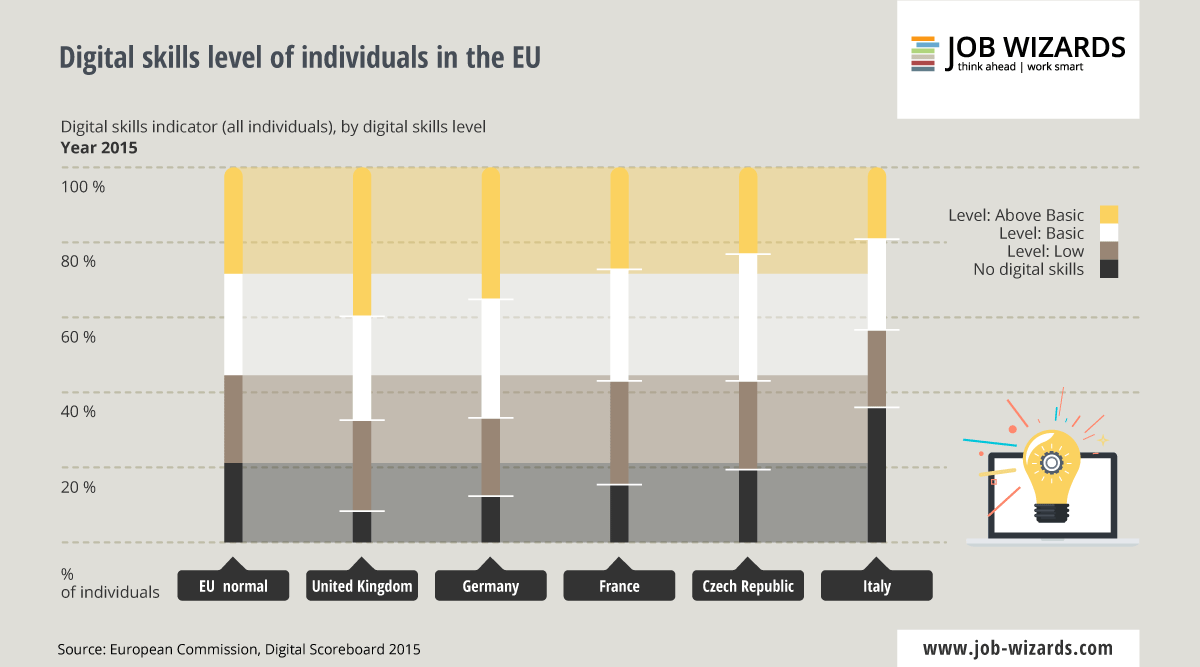The world of work is changing rapidly. Pessimists predict that robots will soon be setting the pace. Industrial psychologist Sibylle Bräuer on the fear of becoming a slave to technology and what everyone can do to benefit from the opportunities of digitisation.
Call centres with automated hold messages that are impossible to get past. Logistics computers that set the tempo for employees with regard to what goods are to be collected from which rack: under such circumstances, it is easy to feel powerless as a human.
Sibylle Bräuer:
Very true. There is an influx of new developments, innovations and options for companies and customers at the moment. Voice-controlled assistance and intelligent data collection, data evaluation and digitisation in fact offer great potential for optimisations of all kinds. In order for people not to feel small and incapable among intelligent machines, robots and algorithms, it is important that they experience a feeling of self-efficacy at their place of work.
What exactly does self-efficacy mean?
Sibylle Bräuer:
Self-efficacy is the internal belief that I am able to learn something or carry out a certain task. In this way, I as a person have the feeling and concrete opportunity to have a targeted influence on specific things, e.g. at my place of work.
So self-efficacy is also a core driver for success in the world of work?
Sibylle Bräuer:
Yes, exactly. This conviction varies in strength from person to person and studies have shown that high self-efficacy correlates with career success. If I am convinced of my ability, I bring more self-confidence, courage and active enjoyment in shaping things to my work. Characteristics that are in increasing demand. If machines, robots and artificial intelligence take over many of our tasks, we as people can and should take on other, new tasks.
But does it work that easily? Is expert digital knowledge not also needed?
Sibylle Bräuer:
Today we talk about digital literacy. Someone who is digitally literate can handle and communicate with different end devices such as computers, tablets, smartphones, etc. Higher levels of digital literacy represent the ability to modify programs, or even to write programs themselves. Billions of users are already digitally active in their personal lives.
And in the new working world – what is the situation there?
Sibylle Bräuer:
There, too, are already many impressive examples of how work and tasks are optimised through digital processes. Think about huge machines that record temperature, humidity and lots of other data during harvest in order to calculate and implement the ideal further processing of the harvested products. Medical devices that record data and provide diagnoses in one process. Or carry out complicated operations far more precisely and gently than any surgeon.





